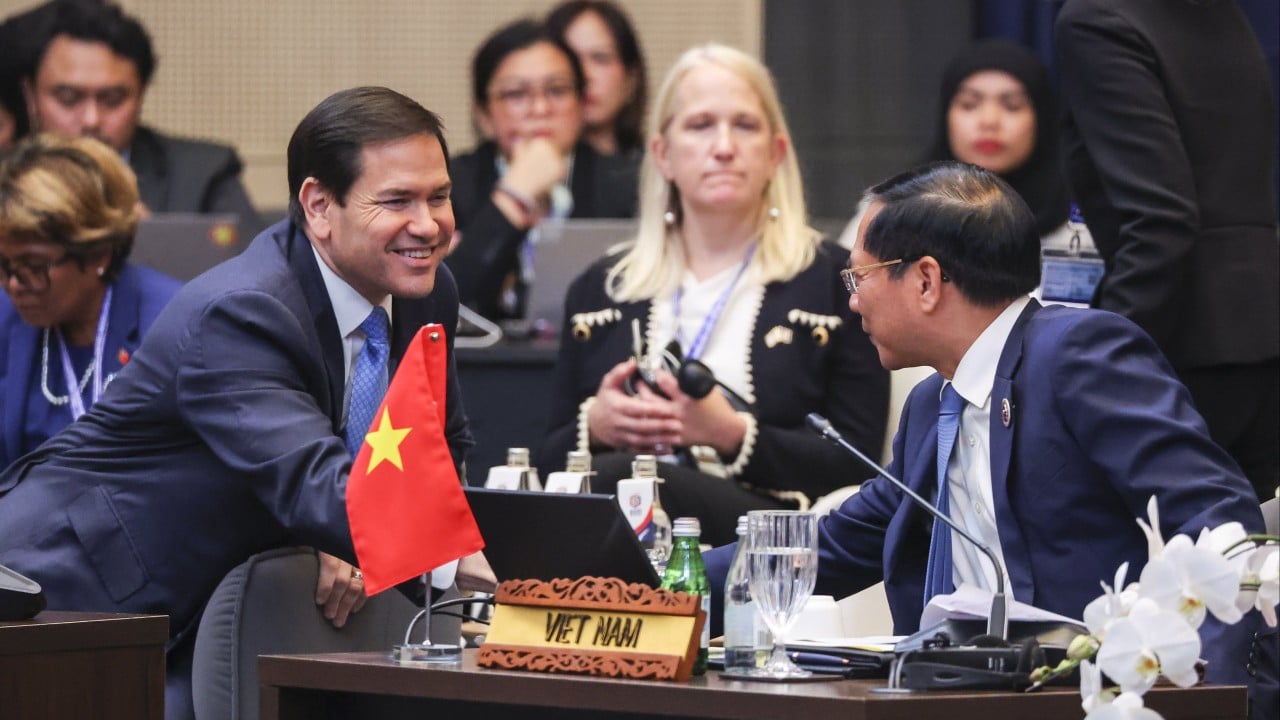On July 28, 1995, Vietnam officially joined Asean, becoming the bloc’s seventh member. The move capped Vietnam’s emergence from decades of post-war isolation and economic stagnation. Thirty years later, its evolution within the Association of Southeast Asian Nations is a complex case of diplomacy, development and regional ambition.
Advertisement
Vietnam’s accession was far from a foregone conclusion. Relations with several Asean members remained strained over Vietnam’s military involvement in Cambodia. Yet the Vietnamese Communist Party, having launched its series of market-oriented reforms in 1986, saw Asean not only as a platform for economic revitalisation but as a path to geopolitical legitimacy. Integration into Asean marked a calculated pivot from confrontation to cooperation.
This gamble has largely paid off. Since joining Asean, Vietnam’s gross domestic product is more than 20 times larger. It has become one of the region’s fastest-growing economies and a top destination for foreign direct investment. Membership in the Asean Free Trade Area and later the Regional Comprehensive Economic Partnership allowed Vietnam to diversify trade ties and embed itself into global supply chains. Today, Vietnam is increasingly seen as a rising middle power and regional manufacturing hub.
However, Vietnam’s story within Asean cannot be told solely through economic data and diplomatic milestones. The past three decades also underscore the limits of regionalism and the contradictions within Vietnam’s own rise.
One clear challenge lies in the bloc’s structural weakness. Asean’s consensus-based decision-making, designed to promote unity, can often result in paralysis on urgent matters. This has hampered collective responses to key regional flashpoints such as the South China Sea dispute, an issue central to Vietnam’s foreign policy.
Vietnam has been among the most vocal Asean states in pushing back against China’s expansive maritime claims. It has actively promoted negotiations over a binding code of conduct in the South China Sea and sought to internationalise the dispute without provoking direct confrontation.
Advertisement

